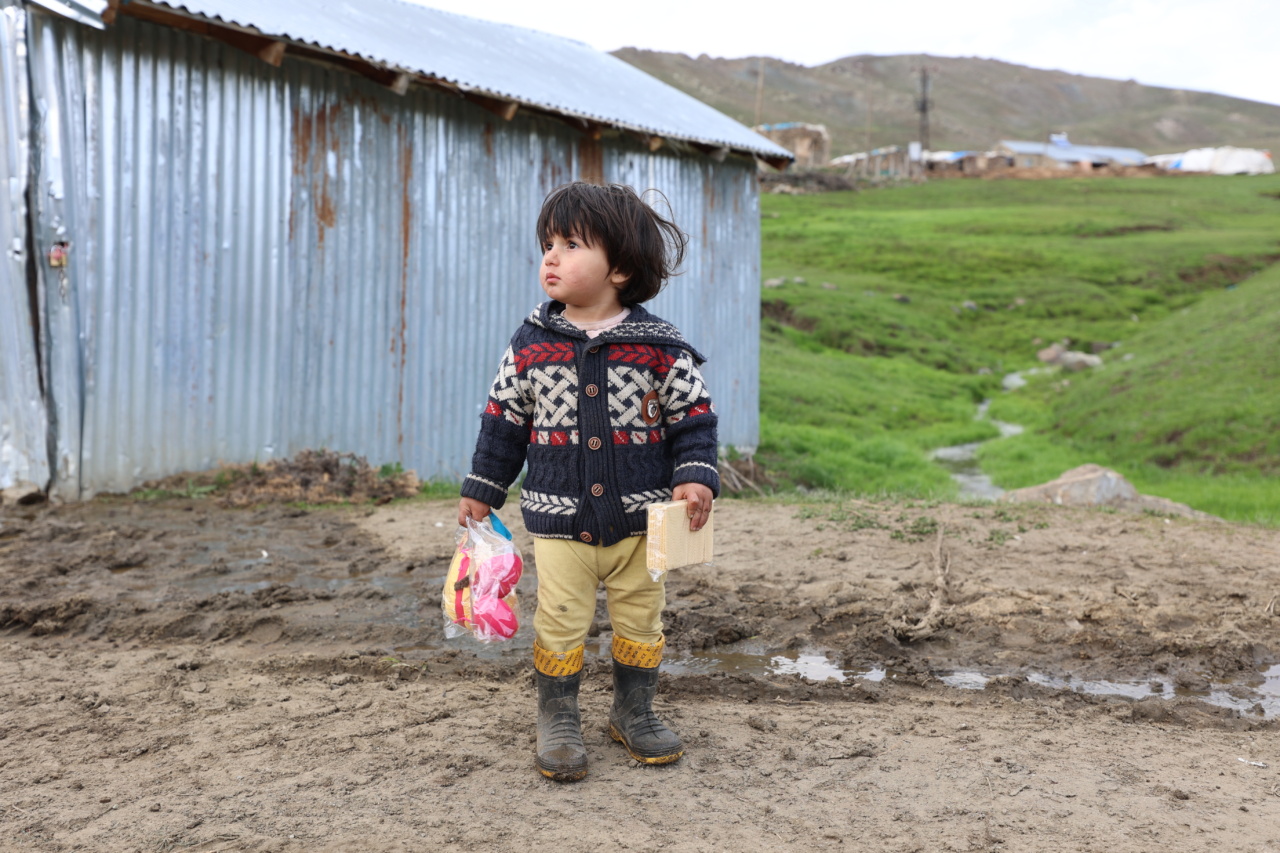Childhood obesity has become a major public health concern in recent years. The rise in the number of overweight and obese children is alarming, with studies showing that the rates have more than tripled in the past three decades.
While the causes of childhood obesity are multifactorial, there is one factor that is often overlooked – bullying.
The Alarming Statistics
According to the World Health Organization (WHO), childhood obesity is one of the most serious global public health challenges of the 21st century. In 2019, over 340 million children and adolescents aged 5-19 were overweight or obese worldwide.
These numbers are not only concerning from a health perspective but also from a social aspect.
The Link between Bullying and Obesity
Research has shown a clear link between bullying and childhood obesity. Children who are bullied are more likely to engage in unhealthy eating habits as a coping mechanism.
Emotional eating, where individuals use food as a way to cope with negative emotions such as sadness or stress, is a common response to bullying.
Furthermore, victims of bullying often experience low self-esteem and body image issues.
This can lead to a decrease in physical activity levels and an increase in sedentary behaviors as children may feel discouraged and less confident about participating in sports or other physical activities. Consequently, the combination of emotional eating and decreased physical activity can contribute to weight gain and the development of obesity.
The Effects of Bullying on Mental Health
Bullying not only impacts a child’s physical health but also their mental well-being. The constant harassment and humiliation can lead to increased levels of anxiety, depression, and other mental health disorders.
These psychological effects can further exacerbate the negative cycle of emotional eating and sedentary behaviors, creating a vicious cycle for children struggling with obesity.
The Role of Schools
Schools play a crucial role in addressing both childhood obesity and bullying. It is important for schools to implement comprehensive programs that promote healthy eating habits and physical activity while also addressing issues related to bullying.
By creating a supportive and inclusive environment, schools can help reduce the impact of bullying on childhood obesity.
One effective strategy is to incorporate anti-bullying education into the curriculum. Teaching students about empathy, respect, and the consequences of bullying can help create a positive school culture where bullying is less likely to occur.
Additionally, providing access to nutritious meals and promoting physical education can encourage healthier behavior among students.
Empowering Parents and Caregivers
In addition to school efforts, parents and caregivers play a crucial role in preventing childhood obesity and addressing bullying.
It is important for parents to be aware of the signs of bullying and to communicate openly with their children about their experiences. Creating a safe and supportive home environment can help children develop resilience and cope with the challenges they may face.
Parents can also promote healthy eating habits at home by providing nutritious meals and snacks, limiting unhealthy food options, and being positive role models for their children.
Encouraging regular physical activity and limiting screen time can also help combat the negative effects of bullying on obesity.
Supporting the Community
Addressing the issue of childhood obesity and bullying requires a collective effort from the entire community.
Community organizations, healthcare professionals, and policymakers all have a role to play in creating a supportive environment that promotes healthy behaviors and prevents bullying.
Community programs that provide access to affordable and nutritious food, safe play spaces, and recreational activities can make a significant impact on childhood obesity rates.
Additionally, raising awareness about the link between bullying and obesity through public health campaigns can help reduce stigmatization and increase support for victims.
The Importance of Early Intervention
Early intervention is crucial in addressing childhood obesity and bullying. Identifying the signs of bullying and providing support to both the victim and the bully can prevent further escalation of the issue.
Likewise, recognizing and addressing unhealthy eating habits in children can help prevent the development of obesity.
By taking a proactive approach and addressing these issues early on, we can improve the overall well-being of children and reduce the long-term impact of bullying on their physical and mental health.
Conclusion
Bullying has a hidden impact on childhood obesity, with significant consequences for both physical and mental health. By addressing the link between bullying and obesity, we can create a safer and healthier environment for our children.
Schools, parents, communities, and policymakers must all work together to prevent bullying and promote healthy behaviors. Every child deserves the opportunity to grow up in a supportive and inclusive environment, free from the negative impact of bullying.































